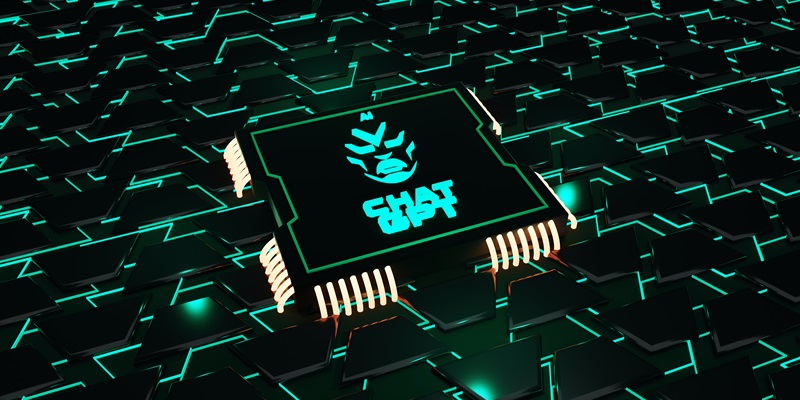OpenAI’s ChatGPT has received a groundbreaking update that consolidates all of its previous capabilities into a single offering. This update has garnered much attention, as users can now utilize various features simultaneously during chat sessions. Referred to as “All Tools,” this new mode has generated a wave of positive feedback from users. Additionally, it has had a disruptive impact on other GPT-based startups, forcing them to reassess their offerings.
Streamlined functionality in chat sessions
In the past, users had to manually toggle each ChatGPT capability on and off independently. This could be cumbersome and time-consuming. However, with the latest update, OpenAI has streamlined the process, enabling users to seamlessly access all tools during the same chat session. The introduction of this unified functionality has been highly praised by users who appreciate the convenience and efficiency it brings to their interactions.
Users have deemed this update and mode as “All Tools.” It allows them to benefit from a combination of features, ranging from PDF chat to other document-related functionalities. By integrating these capabilities into one cohesive package, OpenAI has elevated the user experience with ChatGPT, making it a preferred solution for comprehensive conversational needs.
Positive reception and impact on startups
The new bundling version of ChatGPT has garnered a remarkably favorable response from users. The seamless integration of different tools into a single chat session has impressed many, leading to increased adoption. This positive reception has had significant implications for other GPT-based startups in the market.
As a result of OpenAI’s update, startups heavily reliant on specific functionalities, such as PDF chat and document features, may find their offerings overshadowed and rendered obsolete. In fact, some startups have faced considerable setbacks, with their services no longer standing out as unique or innovative compared to ChatGPT’s comprehensive suite of capabilities. The disruptive nature of this update has caused ripples across the industry, prompting startups to rethink their strategies and adapt to evolving user demands. Nvidia’s senior AI scientist, Jim Fan, observed that startups attempting to replicate services already provided by OpenAI and other tech giants may ultimately find themselves in what he calls the “thin wrapper graveyard.” This warning highlights the need for startups to focus on developing unique and differentiated offerings to thrive in an increasingly competitive market.
Obsolescence of Third-Party Plugins
The latest ChatGPT update has had an unintended consequence for developers who rely on third-party plugins. With the integration of previously disparate features into a unified system, the need for these plugins has diminished significantly. As a result, existing third-party plugins have become obsolete, as users now have direct access to all functionalities within ChatGPT itself. This has left developers who invested time and effort in creating these plugins facing uncertain futures and in need of reevaluating their development strategies.
Security concerns and risks
While the new update has been met with enthusiasm, concerns have been raised regarding security. Specifically, users have expressed worries about the combination of browsing and code interpretation within the same chat session. The potential for malicious activities, such as prompt injection attacks and covert instructions, has been identified as possible risks. OpenAI must proactively address these concerns and implement robust security measures to maintain user trust and mitigate potential vulnerabilities.
OpenAI’s formal announcement is pending
Despite the significant impact and implications of the latest update on ChatGPT, OpenAI has yet to make a formal announcement about the new version. The timing and manner in which OpenAI reveals this update will be crucial, as it sets the stage for further advancements and developments in the conversational AI landscape. Speculation is rife among users and industry observers about OpenAI’s upcoming announcement, leading to anticipation and excitement about the future direction of ChatGPT.
OpenAI’s latest update to ChatGPT marks a milestone in consolidating different capabilities into a single offering. By streamlining functionality, users can now access various tools simultaneously, enhancing their chat experience. The overwhelmingly positive reception and disruptive impact on other startups demonstrate the power and appeal of this update. However, OpenAI must effectively address security concerns and the potential obsolescence of third-party plugins. As anticipation for OpenAI’s formal announcement builds, all eyes are on the future trajectory of ChatGPT and the broader conversational AI landscape.

